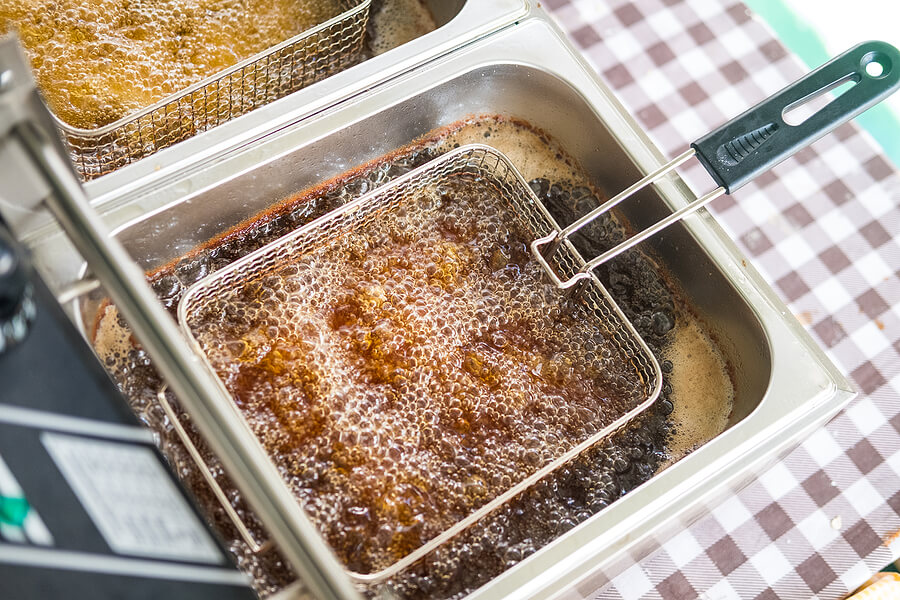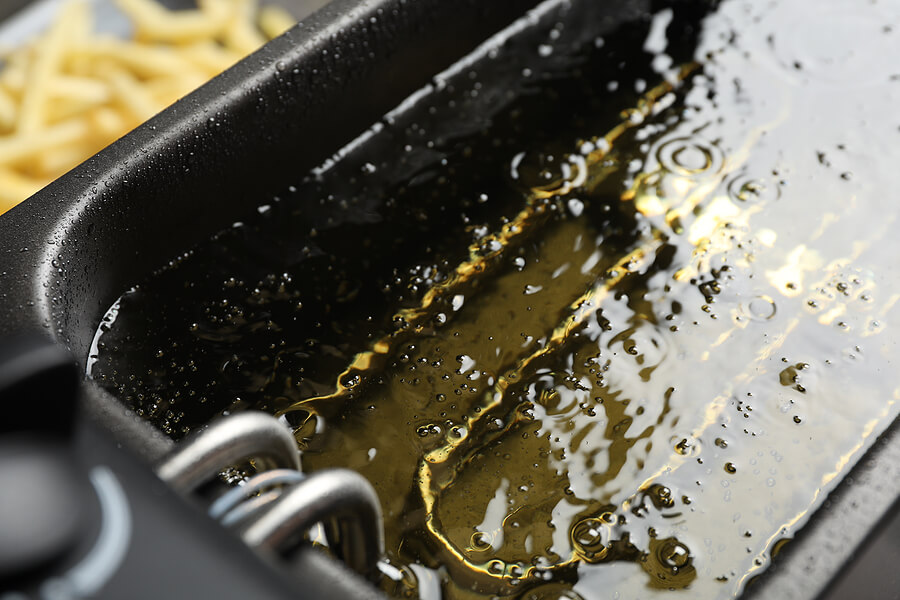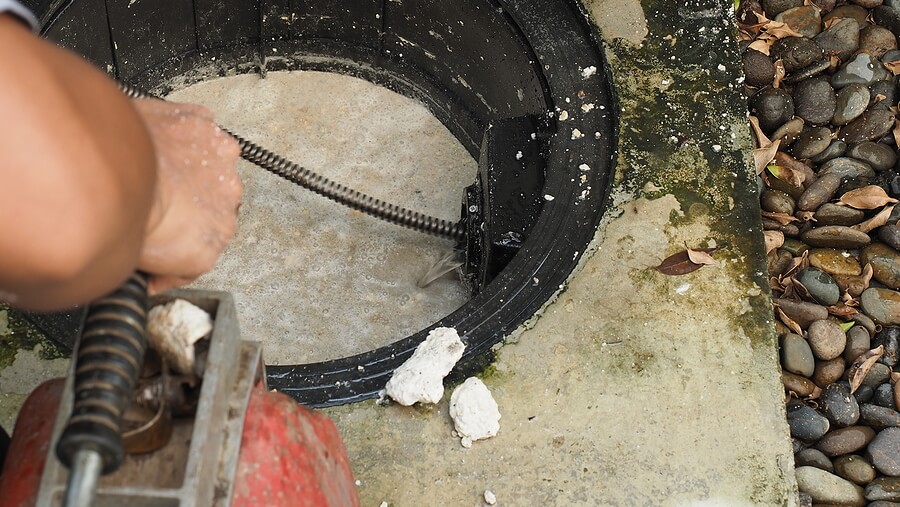Portland restaurants are required to have items within their kitchen areas that prevent fats, oil, and grease (FOG) out of the sewer lines. When FOG is poured down a drain, they cling to the sides of pipes, which creates blockages that cause wastewater to back up into homes and businesses. If your restaurant is responsible for a FOG blockage, you face steep fines and plenty of negative publicity. The Oregon Plumbing Specialty Code mandates that a new restaurant has grease traps installed before opening. This includes restaurants that are brand...
How Is Used Restaurant Cooking Oil Recycled?
Pouring used cooking oil down a drain is not allowed. It can lead to substantial fines and clog city sewer lines with the solidified grease. Fats, oils, and grease (FOG) will combine with materials that residents flush or put down drains, such as flushable wipes, paper towels, and eggshells and form large clumps known as “fatbergs.” Fatbergs can do incredible damage. The largest fatberg found within the U.S. was around 100 feet long, 11 feet wide, and six feet tall and located in Detroit. With restaurants using an average of...
How Restaurants Dispose of Used Cooking Oil
One of the biggest environmental hazards restaurants, grocery stores, caterers, and other food service companies produce are fats, oil, and grease (FOG). When it enters a stormwater drain, it can kill aquatic animals. Within your pipes or the city’s sewers, the fat builds up leading to blockages that create sewer backups and overflows. Those issues are not only environmental hazards and costly to cities, but they’re also dangerous to people as bacteria and fecal matter back up into homes and water bodies. What are you doing with your used cooking...





